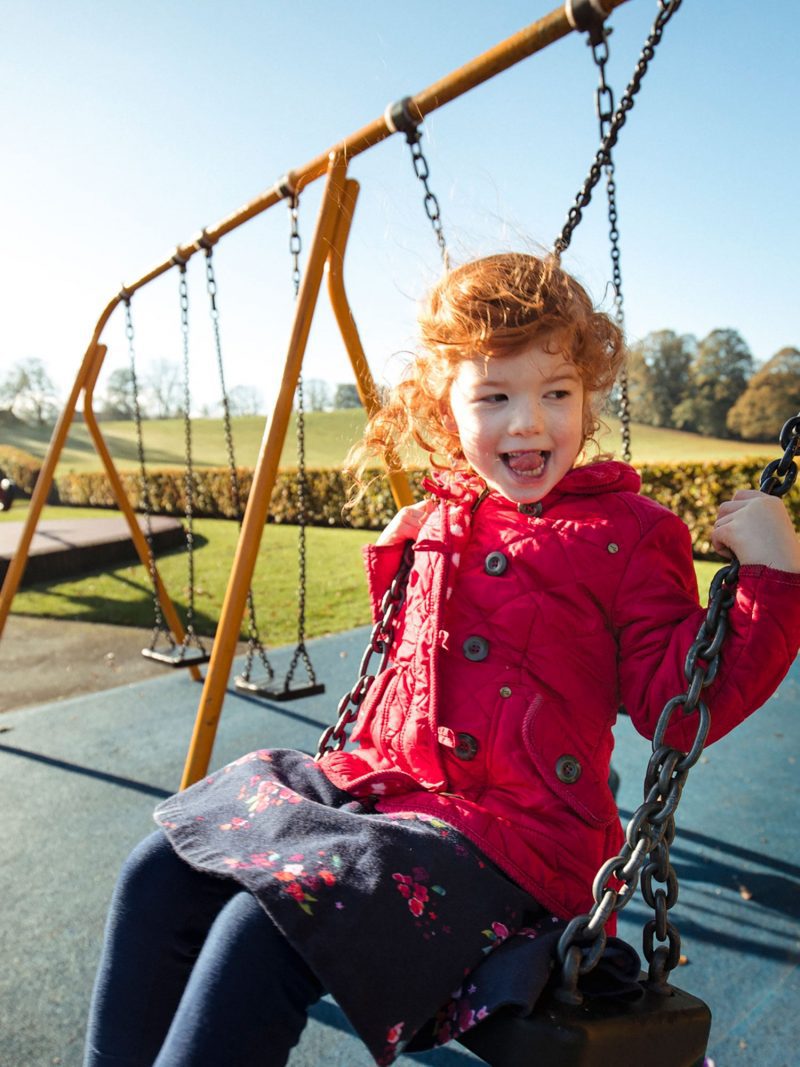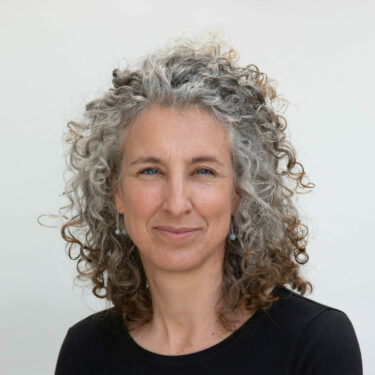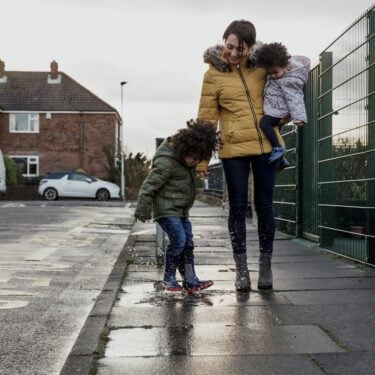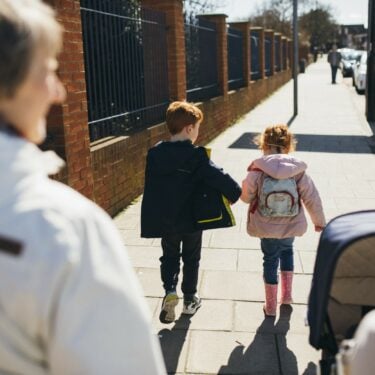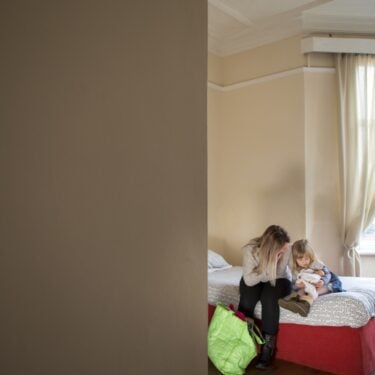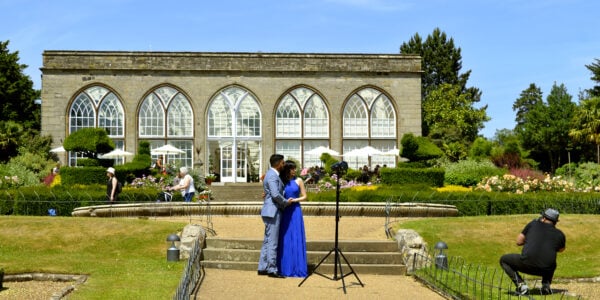Decisions taken in the family justice system can be life-changing for children and their families. We aim to improve understanding of how the family justice system is working and to identify changes that could improve outcomes for those involved with it.
We are the leading funder of family justice research in the UK and our work has been influential across all areas of both public and private law, including child protection, separation and divorce, and child maintenance and contact. Our goal is to improve the ability of the justice system and other agencies to protect the well-being of children, reduce damaging conflict in relationships, and promote good outcomes.
We have also fund and host the Nuffield Family Justice Observatory (NFJO) in order to support better outcomes for children and families through the use of research and data. The NFJO works directly with decision-makers and other stakeholders in the family justice system – social workers, family lawyers, Cafcass guardians, judges and healthcare professionals – as well as those involved with the system, to ensuring people can get the best support based on the best available evidence. We complement the work of the NFJO through funding new research addressing the key issues facing the system and those who use it.
There are many points of connection between our work in family justice and our other domains, for example in relation to the educational outcomes of looked-after children, and how interaction with the family justice system can impact on the wider welfare and outcomes for children and parents.
Our impact in family justice
-

Dr Hilary Woodward’s work with the interdisciplinary Pensions Advisory Group and the charity Advicenow resulted in a new free and accessible guide for practitioners and separating couples to assist in the fair sharing of pensions on divorce
-

Dr Rajnaara Akhtar’s project ‘When is a wedding not a marriage? Exploring non-legally binding ceremonies’ found that the current law on weddings seemed too limited and restrictive for the diverse needs of contemporary society. Its findings directly informed the work of the Law Commission for England & Wales in producing recommendations for the reform of weddings law
-

A series of research projects led by Professor Karen Broadhurst revealed the extent of care proceedings involving newborn infants, and the significant regional variation in rates of such proceedings, and then led to work to develop and test evidence-informed guidelines to improve practice by local authorities and healthcare bodies in such cases.
